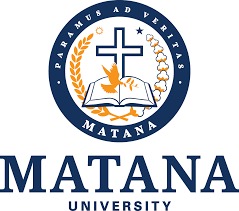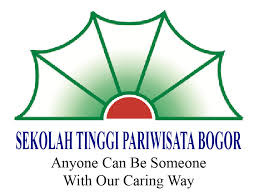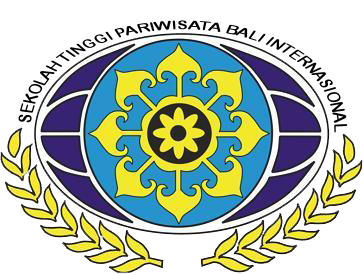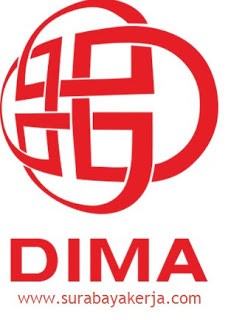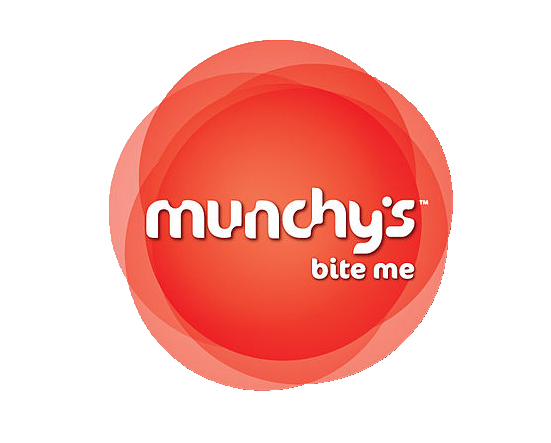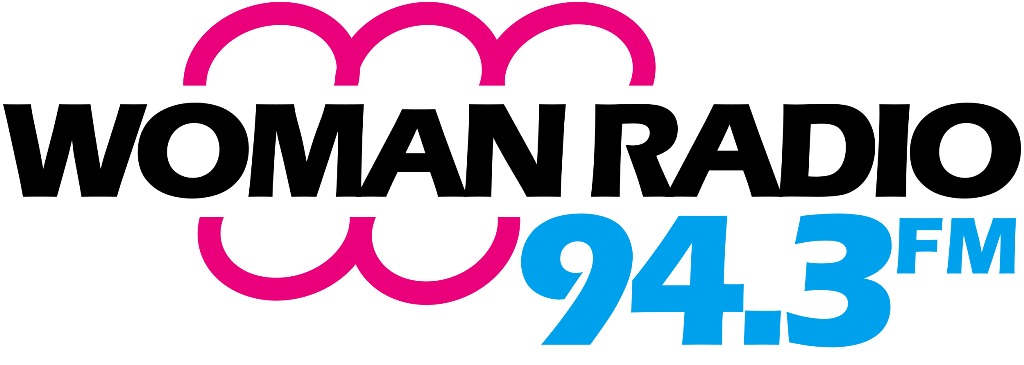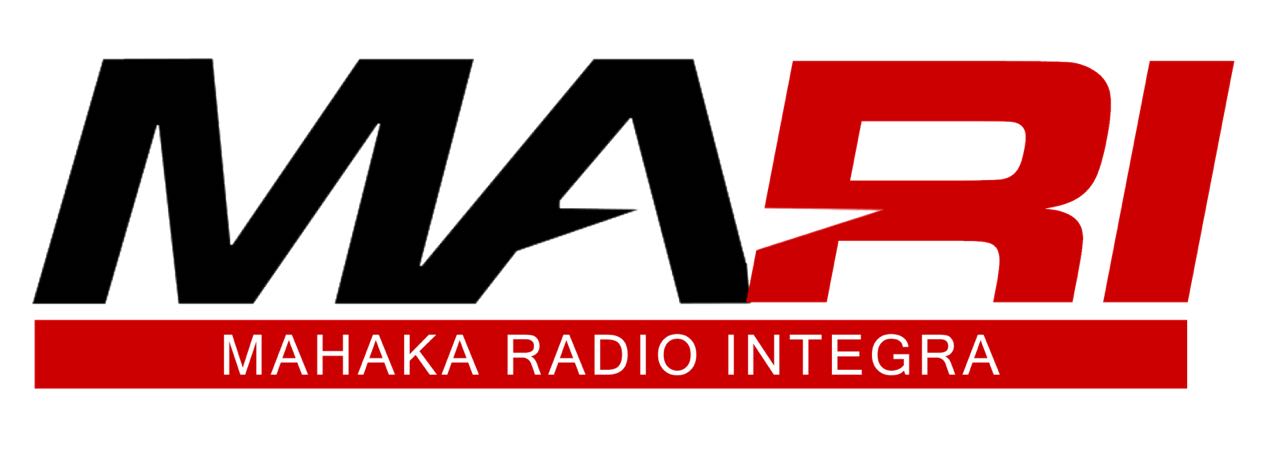IMPLEMENTASI STRATEGI 4P DALAM MENINGKATKAN FREKUENSI PUBLIC EVENT DI HARRIS HOTEL AND CONVENTIONS BEKASI (HHCB)
Abstract
ABSTRACT
This research is intended to study the 4P marketing mix strategy to and its effect to the products of MICE industry, as well as developing an alternative or improvements; particularly in the publicevents section of one hotel in Bekasi area, which is HARRIS Hotel and Conventions Bekasi. HARRIS Hotel and Conventions Bekasi is a brand of four – star hotel in the Summarecon Bekasi area. The method used in this research is the descriptive qualitative method and data collection is performed using triangulation method with interview, observation, and documentation conducted to the sales and marketing staff of HARRIS Hotel and Conventions Bekasi, practicioners and experts in the field of event management and marketing. The collected data is then analyzed using the Miles and Hubermann interactive analysis method to evaluate the 4P marketing mix strategy and improvements which can be done. The conclusion of this research is: the 4P marketing mix strategy used in the events section of HARRIS Hotel and Conventions, particularly in the publicevents sector is sufficient but is still lacking in product diversity and product promotion. Improvements can be done by improving product diversity by making new packages on publicevents such as exhibitions and conventions, and the promotion of the brand new convention hall facility should be made to increase its public prescence.
Key words: marketing strategy, marketing mix, public event, existing strategy, alternative strategy.
Full Text:
PDFReferences
Assauri, S. (2011). Manajemen Pemasaran. Jakarta: Raja Grafindo Persada. Blythe, J. (2009). Key Concepts in Marketing. Plymouth: SAGE. Budi, A. P. (2013). Manajemen Marketing Perhotelan. Yogyakarta: Penerbit Andi. Dias, L. P., & Shah, A. J. (2009). Introduction to business. In B. Booms, & M. J. Bitner, Marketing Strategies and Organizational Structures for Service Firms Marketing of Services. Boston: McGraw-Hill Higher Education. Getz, D. (1997). Event management and event tourism. Cognizant Communication Corp.
Getz, D., & Page, S. J. (2007). Event Studies. Elsevier Butterwort-Heinemann.
Kennedy, J. E. (2009). Manajemen Event. In L. H. Hoyle, Event Marketing. Jakarta: PT. Bhuana Ilmu Populer. Kesrul, M. (2004). Meeting Incentive Trip, Conference and Exhibition. Jakarta: Graha Ilmu. Kotler, P. (2003). Marketing Management. New Jersey: Prentice Hall. Kotler, P., & Armstrong, G. (2017). Principles of Marketing. Harlow: Pearson. Kotler, P., & Keller, L. K. (2016). Marketing Management. Kriyantono, R. (2012). The situational theory of the publics in an ethnography research: Identifying public response to crisis management. International Journal of Business and Social Science 3 . Lamb, C. W., Hair, J. F., & McDaniel, C. (2001). Pemasaran. Jakarta: Salemba Empat. Morrison, J. A. (2013). Hospitality and Travel Marketing. In A. P. Budi, Manajemen Marketing Perhotelan. Yogyakarta: Penerbit Andi. Mulyadi. (2001). Sistem Akuntansi (Vol. 3). Jakarta: Salemba 4. Noor, A. (2009). Management Event. Bandung: Alfabeta. Pendit, N. S. (1999). Wisata Konvensi, Potensi Gede Bisnis Besar. Jakarta: PT. Gramedia Pustaka. Sheth, J. N., & Sisodia, R. (2012). The 4 A's of Marketing: Creating Value for Customers, Companies and Society. Abingdon: Routledge. Shone, A., & Parry, B. (2002). Successful events management. London: Cengage Learning. Sugiyono. (2013). Metodelogi Peneltian Kuantitatif, Kualitatif, dan R&D. Bandung: Alfabeta.
DOI: http://dx.doi.org/10.30813/ncci.v0i0.1248
Refbacks
- There are currently no refbacks.

